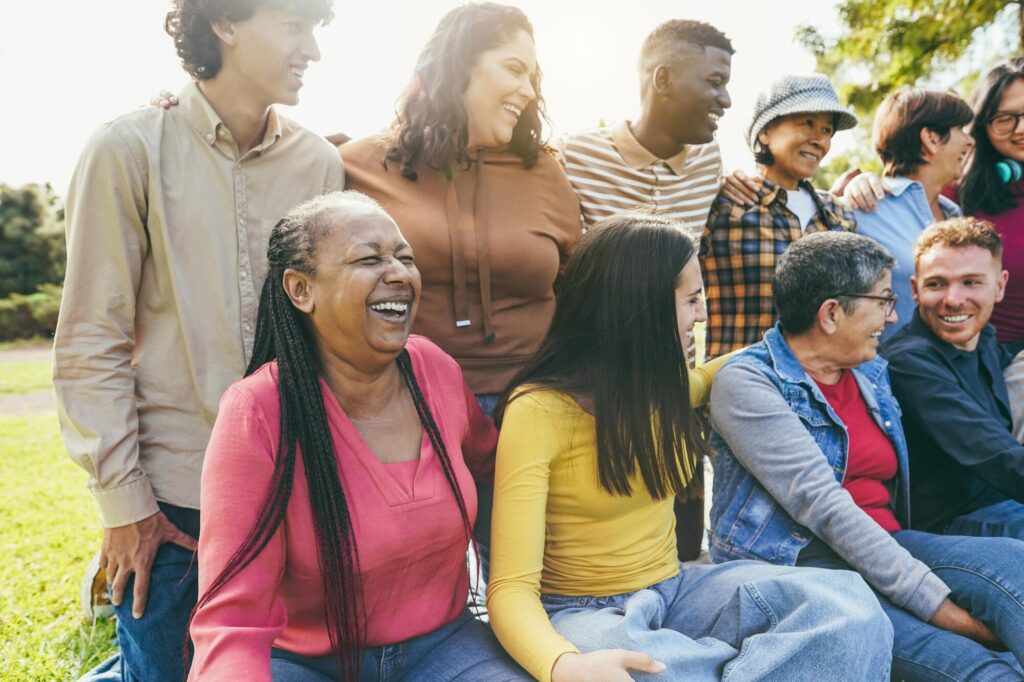Hosting events for seniors is an excellent way to foster community, enhance socialization, and build supportive networks. However, with the joys of gathering also comes the responsibility of ensuring safety for all attendees.
Did you know that falls are the most common type of accident in people 65 years of age and older? It’s crucial to implement strong safety protocols for senior community events to reduce risks and ensure a vibrant atmosphere. Keep on reading to learn more.
1. Venue Selection and Setup
Picking the right place for an event is very important to keep seniors safe. The space should be easy for everyone to move around, especially for those who use walkers or wheelchairs.
Wheelchair accessibility
Make sure the building has ramps or elevators if there are stairs. Doors should be wide enough for a wheelchair to fit through. This helps everyone get around without trouble.
Sufficient lighting to avoid trip hazards
Good lighting helps people see where they are going. It lowers the chance of tripping over things. Bright lights should be used in all areas, including hallways and bathrooms.
Clear signage for restrooms and exits
Signs should be easy to read and placed where people can see them. Use large letters and simple words. This helps seniors find what they need without getting confused.
Seating arrangements for easy access
Chairs should be placed so people don’t have to walk too far. Leave space between rows for walkers or wheelchairs. Make sure the seating is sturdy and comfortable.
Setting up the space the right way helps everyone stay safe and feel more at ease. A good setup can stop many small problems before they happen.
2. Health and Well-being Measures
At any community event, the health of attendees is paramount. Implementing health measures helps alleviate concerns and promotes overall well-being. Here’s how to care for your guests:
- Provide hand sanitizers
- Encourage frequent handwashing
- Have first aid kits readily available
- Offer healthy food options
- Initiate a system to monitor attendees
Promoting good hygiene practices can effectively reduce illness spread and create a more enjoyable experience.
3. Emergency Preparedness
Despite the best planning, emergencies can arise at any event. Preparing for unforeseen circumstances is vital:
- Establish a clear emergency plan
- Communicate the location of first aid stations
- Conduct regular safety drills before the event
Having a solid emergency preparedness plan can provide peace of mind and assurance for both organizers and attendees. Check out these safe holiday tips for seniors if you’re looking for more insights.
4. Engagement and Monitoring
Finally, engaging with your senior guests and monitoring their activities is essential. Regular check-ins with attendees can help identify anyone who may be feeling uncomfortable or unwell. Encourage feedback on their experience and involve family members when necessary. It’s also beneficial to create a buddy system where seniors can look out for each other.
By establishing strong safety protocols for senior community events, you’ll not only ensure a secure atmosphere but also foster a sense of belonging and care among all attendees. Remember, the ultimate goal is to create enjoyable and memorable experiences while prioritizing health and safety.
Your Invitation to Safer Events
Ready to implement these vital safety measures in your next senior community event? With thoughtful planning and attention, you can create a gathering that prioritizes safety and enjoyment.
Avoid accidents and create a vibrant space where everyone feels comfortable and valued. Reach out today to get started on ensuring your next event is both safe and spectacular!
For more related topics, check out the rest of our blog!






